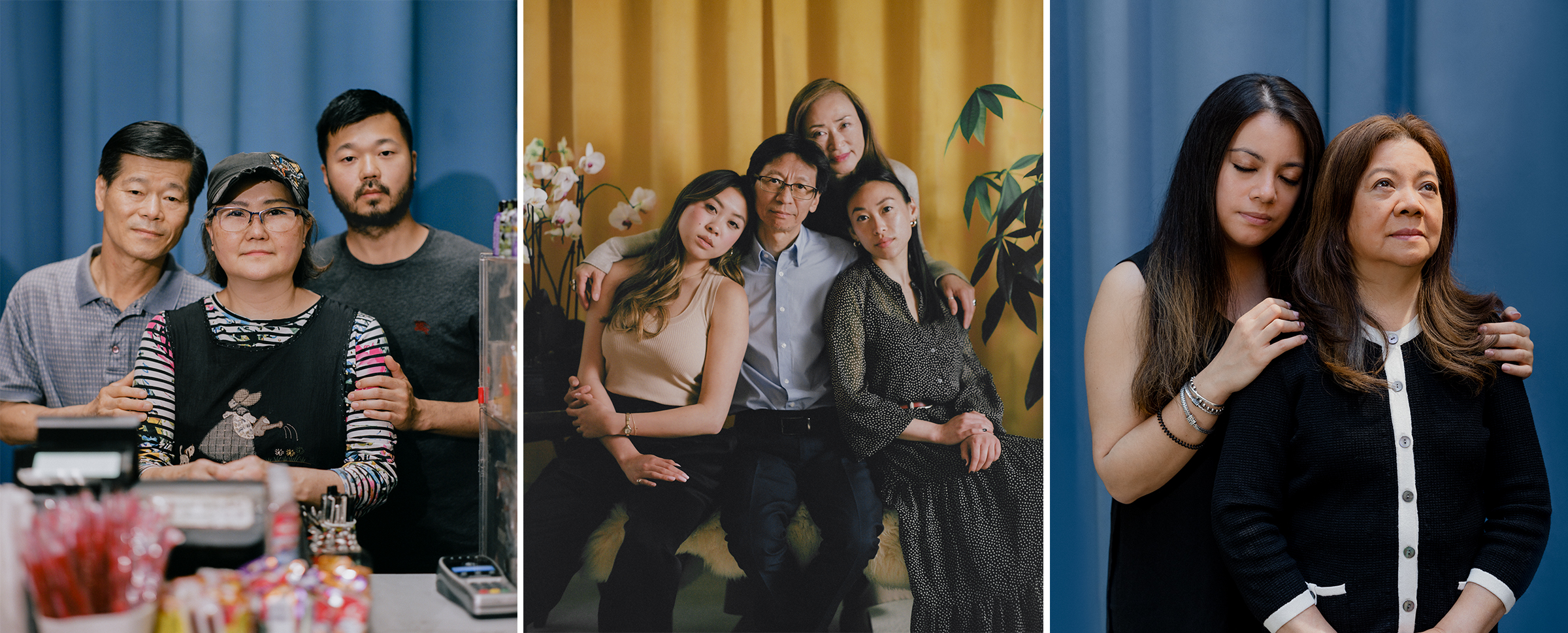As the daughter of immigrants from China, growing up in New Jersey in the mid–20th century, I knew one element of Chinese culture to be nonnegotiable: children were expected to revere parents, teachers and other elders. In many Asian-American cultures, elders have a special status; they are valued and beloved for the wisdom of their years and all they have endured. My brothers and I knew never to challenge or disrespect adults.
After a lifetime spent absorbing these lessons, it is especially painful today to see cherished elders of any background become targets of the kind of assaults that Asian-American and Pacific Islander (AAPI) people are now facing. Reports of hate incidents against our communities have skyrocketed, increasing by 74% from March 2020 to March 2021, with many of the most prominent instances targeting our senior citizens.
Plenty of us saw this crisis coming. In December 2019, we felt a familiar foreboding, one that comes with an understanding of how our country has treated people like us through history. With the discovery of the coronavirus in China, we braced ourselves. And sure enough, almost as fast as the news from Wuhan reached the U.S., Chinatowns began reporting intensified vandalism and harassment, while business plummeted. TV news stations aired pictures of Chinese Americans—in the U.S.—to accompany their reporting on China, underscoring white America’s entrenched patterns of ignorance and othering of Asian Americans. And in March 2020, Donald Trump’s White House unleashed incendiary rhetoric that was followed by a surge in anti-Asian hate incidents across the country.
The COVID-19 pandemic and global economic crisis have inflicted terrible losses—of health, community and loved ones. Amid a toxic mix of misery, fear and racist innuendo, too many people have been ready to lash out. Social media has exploded with disturbing images of verbal and physical assaults on our elders. But to us, they are not the face-masked victims of grainy videos. They have names, faces, dignity. They are leaders; churchgoers; essential workers; shopkeepers; grandparents—beloved members of their families and communities. They want the world to know that they are survivors, not victims. That they are still standing, speaking out, fighting for their humanity.
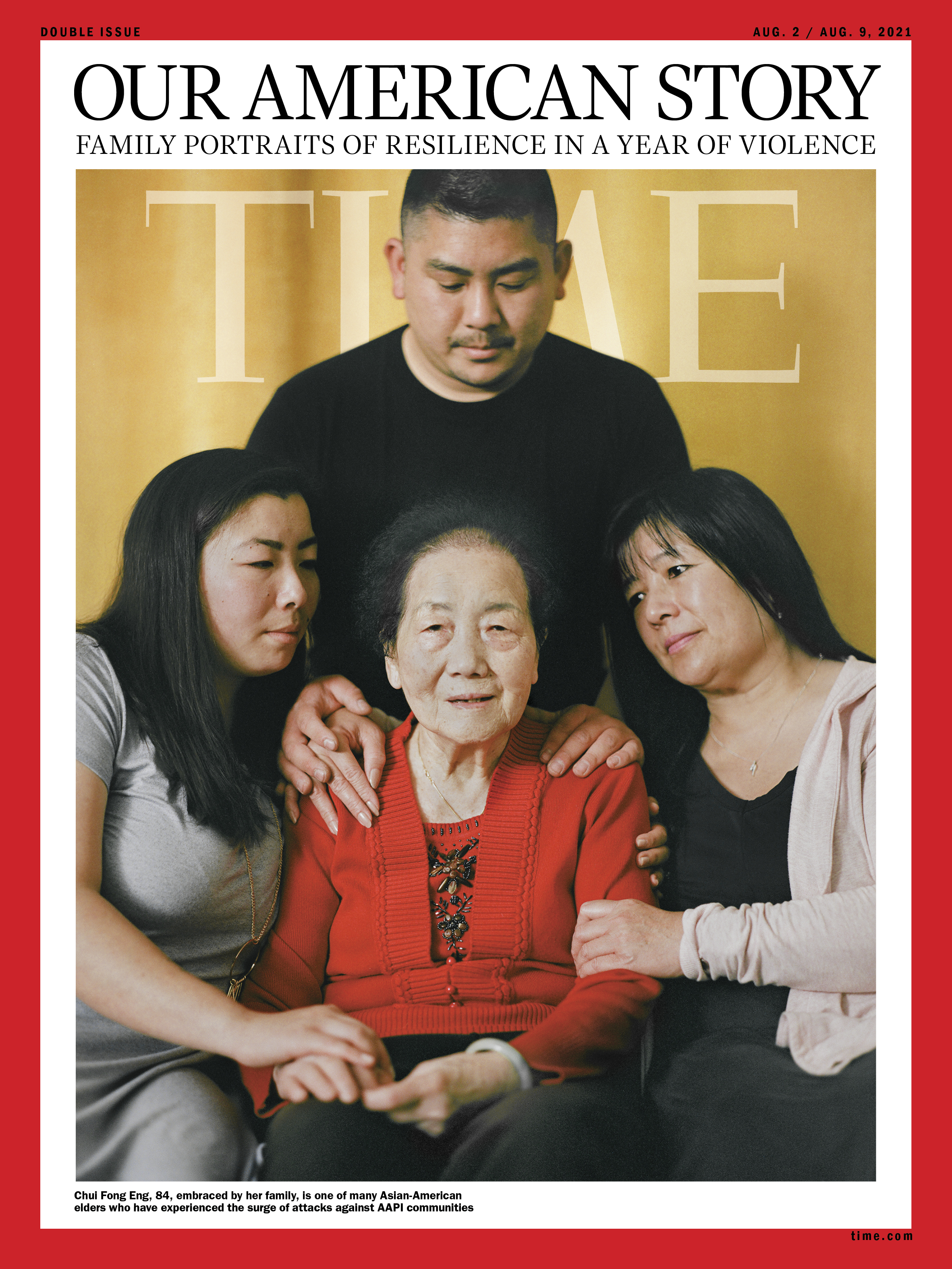
Buy a print of TIME’s “Our American Story” cover here
In the 1980s, during another economic crisis, Americans heard a constant drumbeat of blame as the U.S. declared financial war on Japan, with frequent allusions to Pearl Harbor. In that racialized climate, a young Chinese American named Vincent Chin was beaten to death by two white autoworkers in Detroit who said, “It’s because of you motherf-ckers that we’re out of work,” and were sentenced only to probation and fines.
Chin’s tragic murder and the injustice of the case galvanized a national civil rights movement, one led by Asian Americans, with Detroit as its improbable epicenter. I had come to the city in the 1970s as a young activist and worked in a car factory before getting laid off during the recession. I saw firsthand how a frustrated populace could be persuaded to hate Japan for making competitive, fuel-efficient cars. Germany did too, but it’s easier to target a scapegoat who looks different. Because I understood that dynamic, I also knew that we had to speak up. I became a lead organizer and spokesperson for that movement, as we worked to get others to see that Chin and his family were as American as anyone.
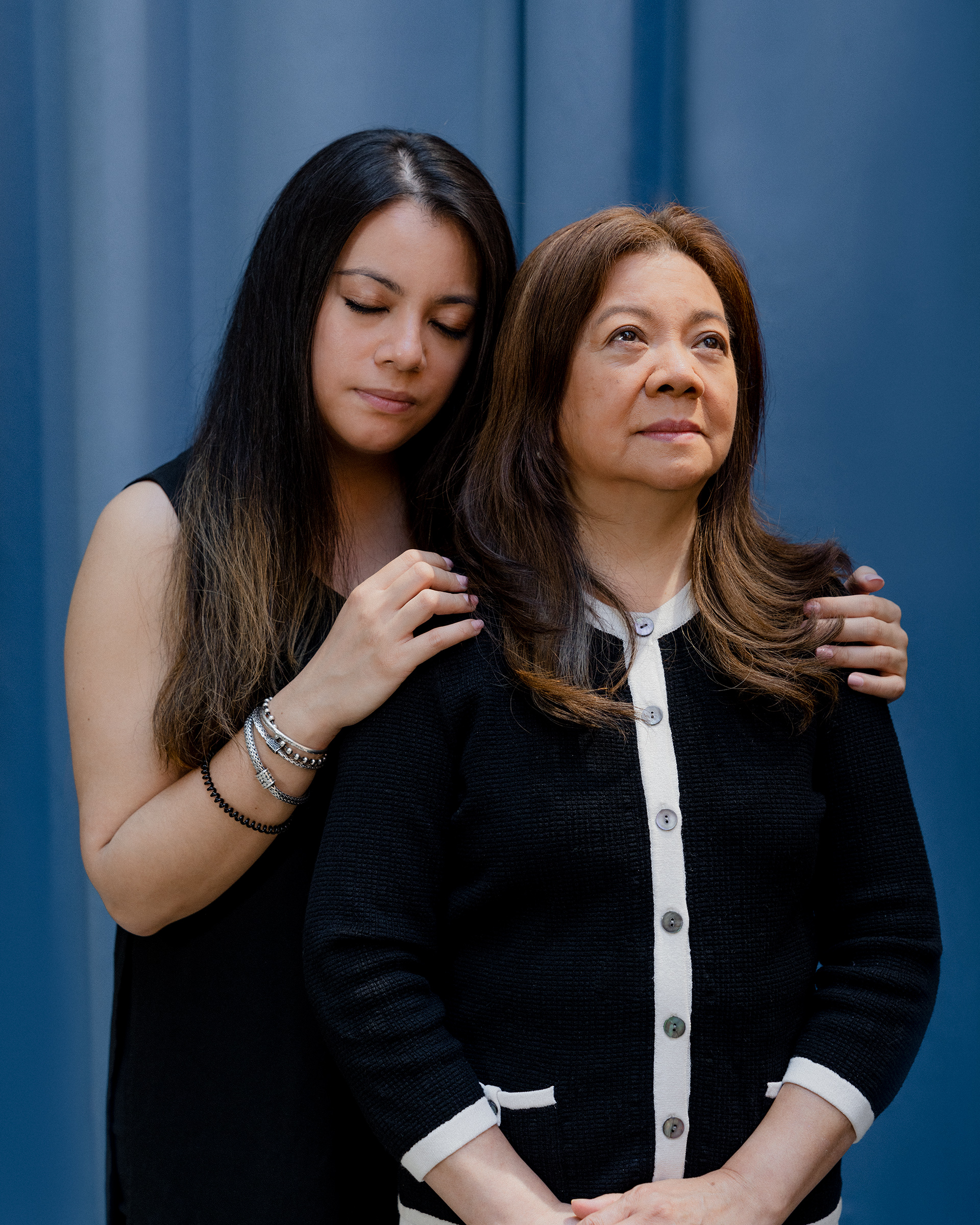
That intractable disconnect—being American yet perceived as something else—has long plagued our communities. Growing up, I often felt caught in a bizarre parallel universe. My teachers and neighbors would praise my brothers and me for being well-behaved, quiet Asian children even though we were so raucous, our parents had to insist on silence at the dinner table to keep us from yelling and fighting. There was the way we lived our lives, and then there was the way the world chose to see us.
Even Asians born here, like me, couldn’t be “real” Americans, not when wars against Japan, Korea and Vietnam and the continuing cold war with China conjured images of an enemy that looked like my family. We were acceptable only if we adhered to the newly invented construct of the uncomplaining “model minority,” and the people around us saw us through the filter of that stereotype.
AAPI invisibility is so deeply embedded in American culture that when I was a child, we were never seen on the news, in the movies or on TV, except as enemy intruders or obedient servants. We were completely missing from schoolbooks; this is still largely true, save for brief references to Chinese laborers building railroads or Japanese Americans being imprisoned en masse during World War II. When a recent survey asked people in the U.S. to name a prominent Asian American, the most frequent answer was “Don’t know.”
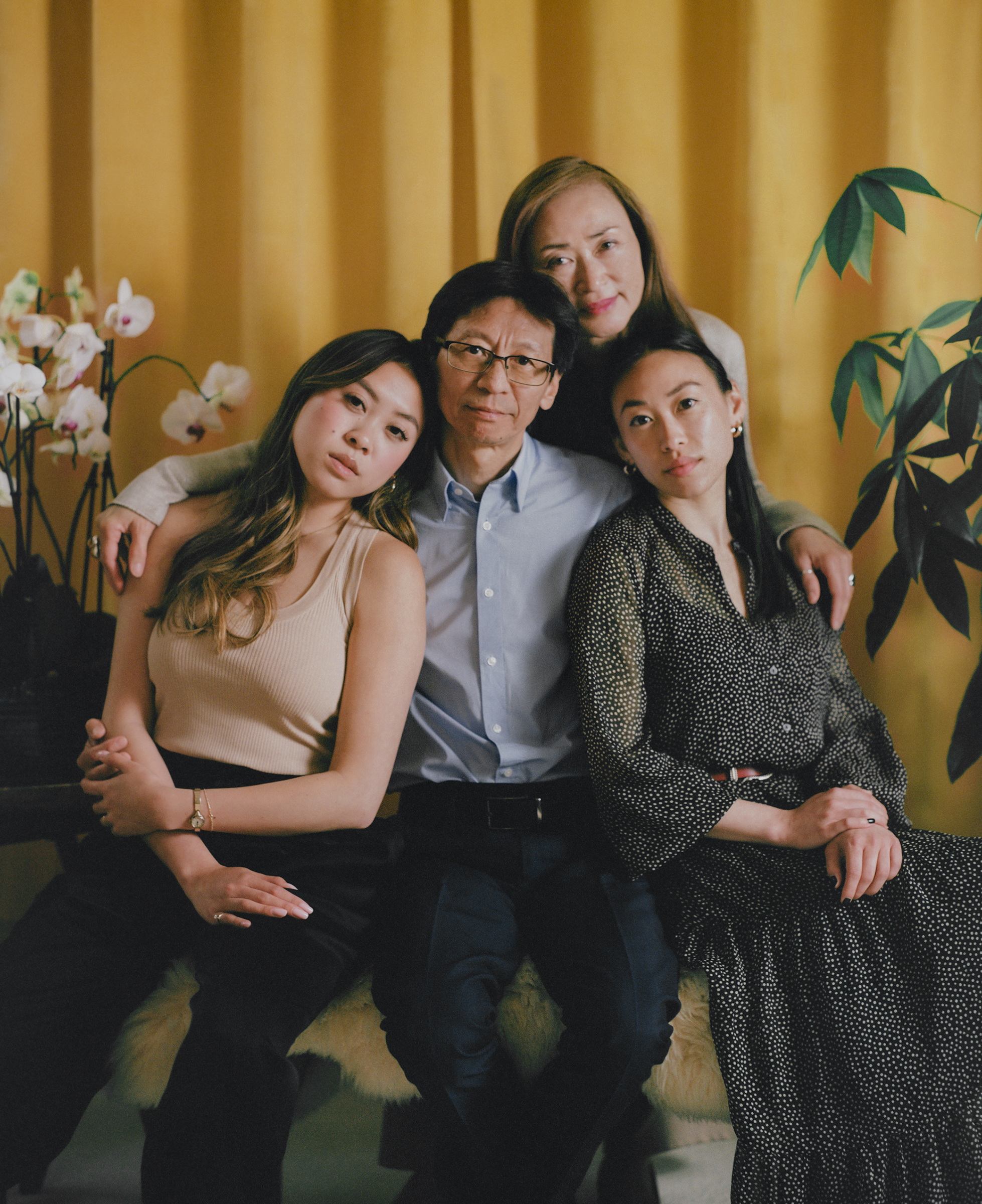
In college, I sought to educate myself about “my universe.” Until then, I hadn’t known that officials had systematically worked to rid the country of “Asiatics,” or how violence by white people had targeted our communities. Nor had I been taught about the invaluable contributions we’ve made to this American democracy. Birthright citizenship? Everyone born in the U.S. can thank Wong Kim Ark, a Chinese American, for that promise. Asian Americans have also played key roles in the civil rights movement; farmworker organizing; Title IX; marriage equality; hate-crimes legislation and more. Researching my first book, Asian American Dreams, I discovered how much of our Asian-American universe has been missing in mainstream tellings of my country’s history. This wall of enforced ignorance continues to divide our worlds.
The silence required of the “model minority” never bought acceptance. In my youth, I heard ugly slurs shouted at my family and watched, powerless, when my parents—the people I respected most—were subjected to prejudice and humiliation. In my elderhood, I can’t count how many times I’ve been told to “go back where you came from,” or asked where I’m “really from” when answering “New Jersey” is not enough.
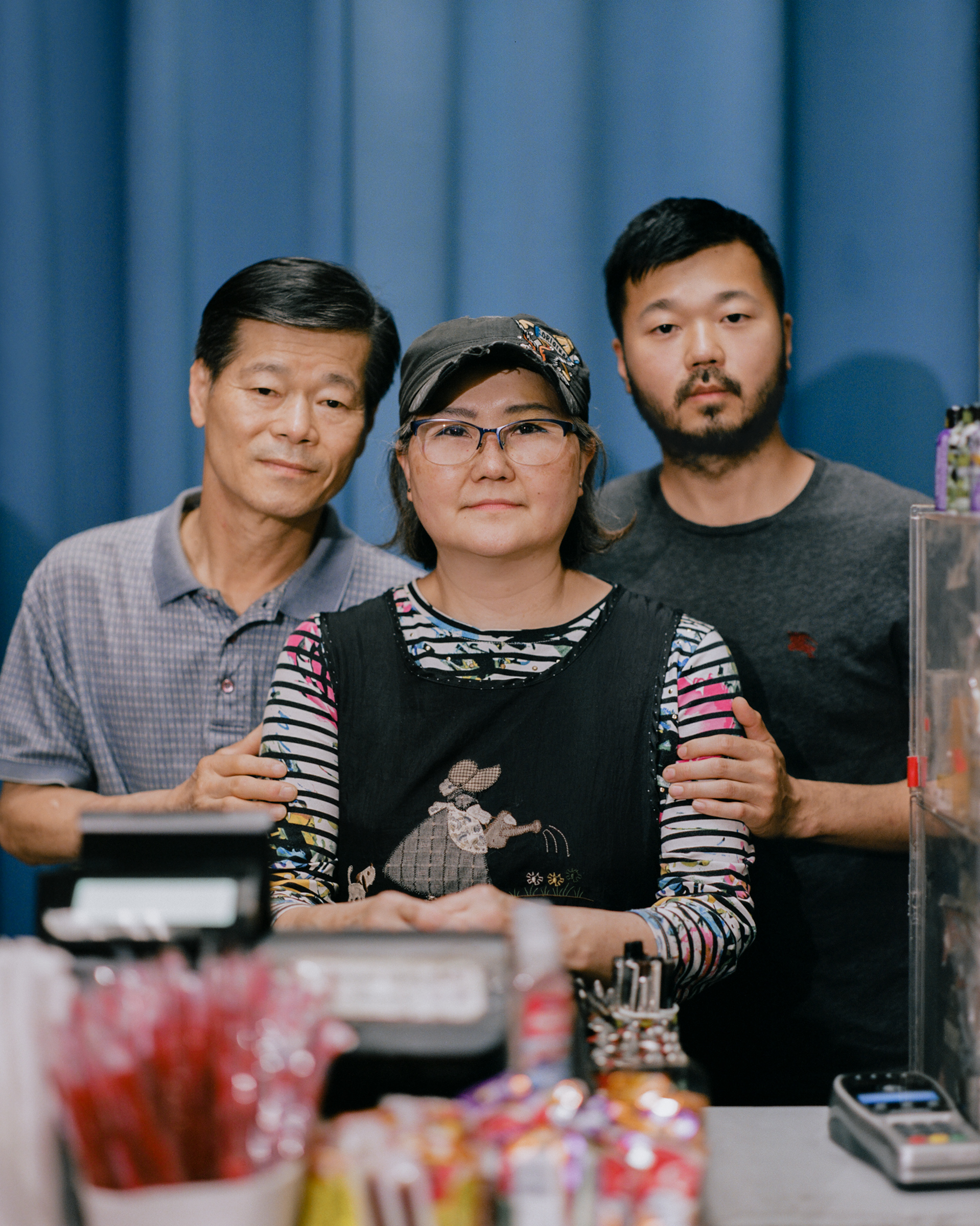
Nearly 40 years after Chin’s murder, I am dismayed that so many have expressed surprise, even shock, at the existence of anti-Asian racism. Back then, discourse on race was framed as Black and white, and in this millennium, it’s much the same. Even as the most vulnerable and cherished members of our communities are under attack, we are still fighting to be seen—just as those who came before us fought for visibility and fairness in the 1800s and 1900s, and just as we sought justice for Chin. Today, with more than 23 million Asian Americans making up almost 7% of the U.S. population, our fellow citizens still know little to nothing about our shared history. After the mass killings of Asian Americans in Atlanta and Indianapolis this year, people seem more open to recognizing the reality of anti-Asian racism. But the challenge remains.
We can begin by recognizing the resilience of the AAPI elders who have been targeted in unacceptable, random acts of violent hate. In their faces, we see the long journeys of revered grand-parents, aunts, uncles, mothers and fathers who have struggled and sacrificed for future generations. By bringing our Asian-American universe into focus for all to see, we hope you—our neighbors, co-workers, members of all faiths and beloved communities—will see our elders as we see them, and as you see your own: the ones who made the foundation of our families, our homes and our country with their blood, sweat, tears and love. In knowing their stories, perhaps we can finally bring our parallel universes together.
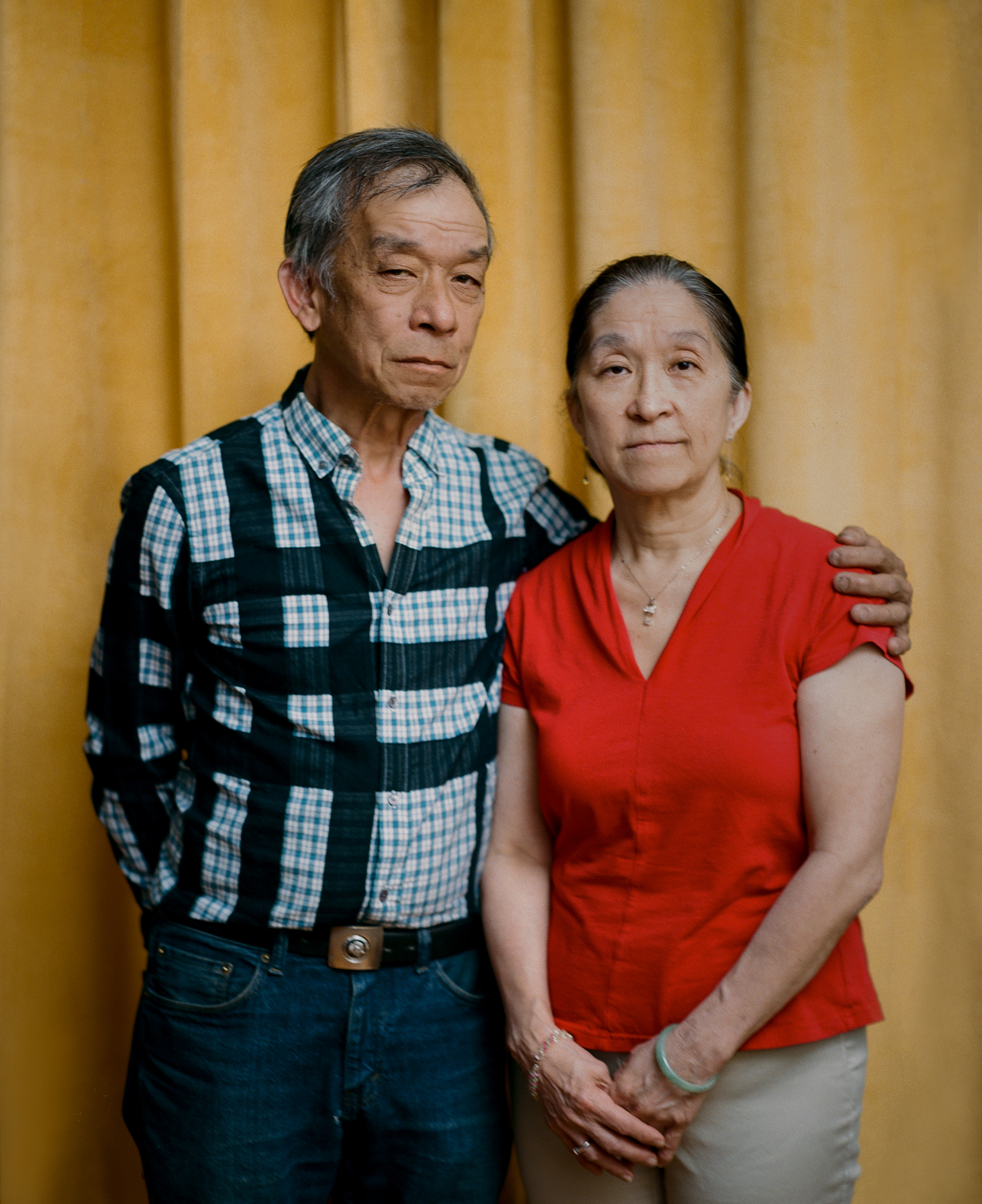
Helen Zia is an author, journalist and activist.
—With reporting by Sangsuk Sylvia Kang and Simmone Shah
Read More:
More Must-Reads From TIME
- The 100 Most Influential People of 2024
- The Revolution of Yulia Navalnaya
- 6 Compliments That Land Every Time
- What's the Deal With the Bitcoin Halving?
- If You're Dating Right Now , You're Brave: Column
- The AI That Could Heal a Divided Internet
- Fallout Is a Brilliant Model for the Future of Video Game Adaptations
- Want Weekly Recs on What to Watch, Read, and More? Sign Up for Worth Your Time
Contact us at letters@time.com
